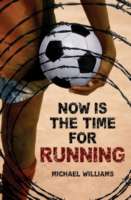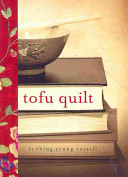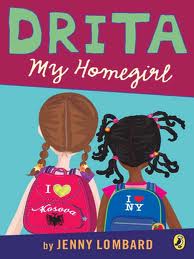by Janine Schall, University of Texas-Pan American
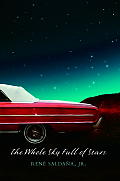 In 1992 I left my hometown in Indiana and moved 1500 miles away for a teaching job in the Rio Grande Valley (RGV) of South Texas. In doing so, I discovered a unique geographic and cultural region of the United States.
In 1992 I left my hometown in Indiana and moved 1500 miles away for a teaching job in the Rio Grande Valley (RGV) of South Texas. In doing so, I discovered a unique geographic and cultural region of the United States.
The RGV, informally called the Valley by locals, is located at the southern tip of Texas along the northern bank of the Rio Grande River, which marks the border between Texas and Mexico. It is not actually a valley, but a floodplain. Land developers in the early 20th century called the area “The Magic Valley” in an effort to promote the region to settlers and investors. Originally home to bands of Coahuiltecan Indians, the Spanish were the first Europeans to arrive in the area in approximately 1750. The area remained under Spanish control until 1836, when it became part of the new Republic of Texas—at least according to the Texans. Continue reading



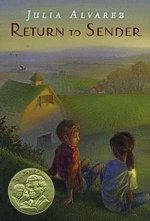
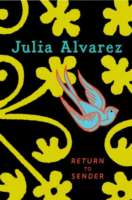

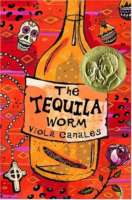 It has been inspiring to learn about different ways of engaging teacher candidates with literature. In this last blog, I want to share some examples from my own teaching experience. Engaging teacher candidates and in-service teachers with literature is one of my favorite things as a teacher educator. As other instructors, I use different strategies to discuss the literature.
It has been inspiring to learn about different ways of engaging teacher candidates with literature. In this last blog, I want to share some examples from my own teaching experience. Engaging teacher candidates and in-service teachers with literature is one of my favorite things as a teacher educator. As other instructors, I use different strategies to discuss the literature.